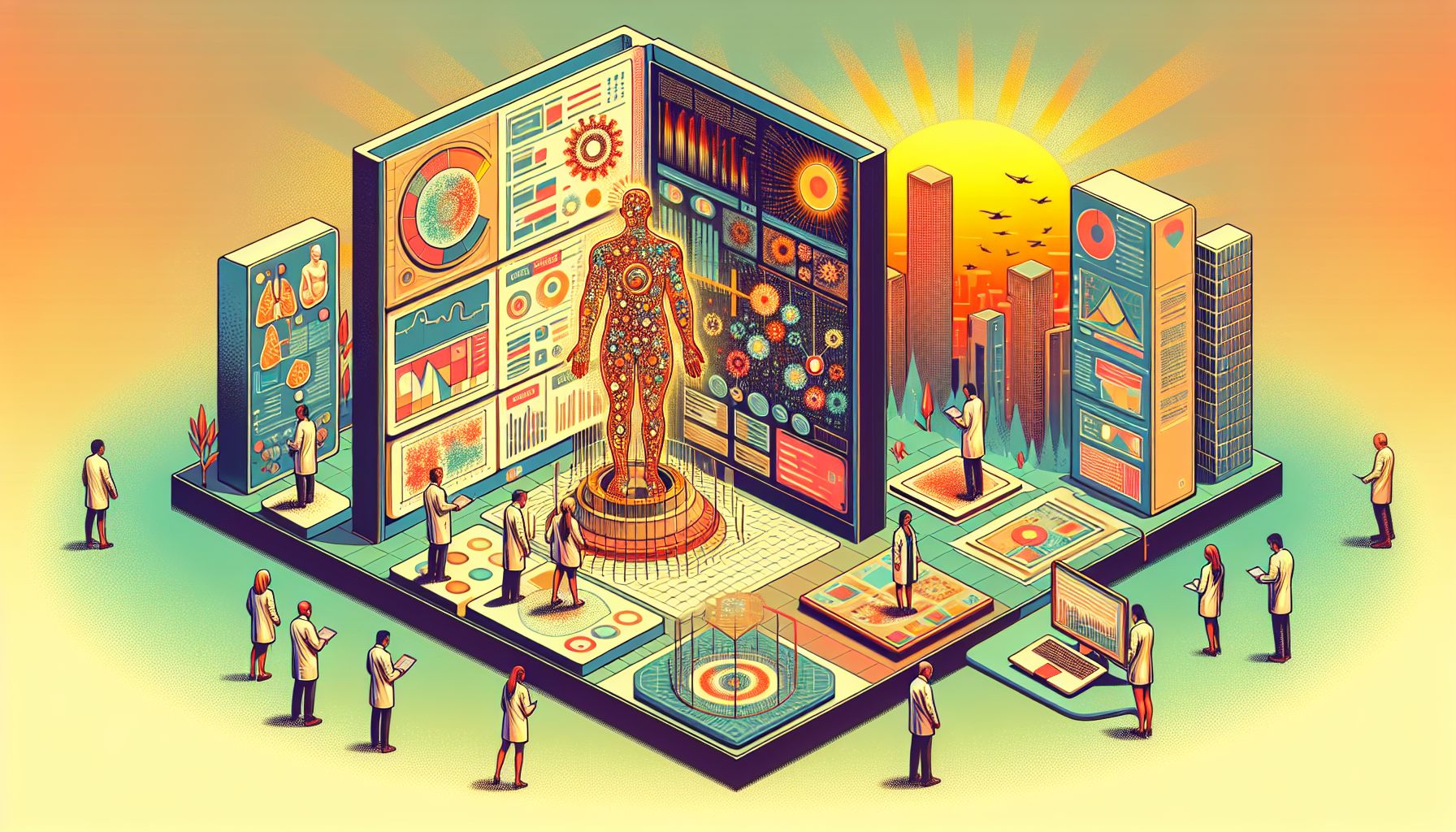AI Breakthrough in Cancer Detection and Treatment Planning

Utrecht, Thursday, 5 September 2024.
Researchers at Harvard Medical School have developed CHIEF, an AI model capable of diagnosing multiple cancer types, predicting patient outcomes, and guiding treatment strategies. This versatile tool achieves up to 96% accuracy in detecting various cancers and outperforms existing AI systems in multiple diagnostic tasks.
Revolutionizing Cancer Treatment with AI
The development of CHIEF (Clinical Histopathology Imaging Evaluation Foundation) by Harvard Medical School represents a significant leap forward in the use of artificial intelligence for cancer diagnosis and treatment. Unlike traditional AI systems that are limited to specific cancer types, CHIEF can perform a broad range of diagnostic tasks across 19 different cancer types. This versatility is achieved by training the AI on an extensive dataset comprising 15 million unlabeled images and 60,000 whole-slide images from various tissues, including lung, breast, and prostate cancers.
How CHIEF Works
CHIEF utilizes advanced features of a tumor’s microenvironment to forecast patient responses to therapies, aiding in the creation of individualized treatment plans. The model was tested on over 19,400 whole-slide images from 32 datasets sourced from 24 hospitals around the world, achieving nearly 94% accuracy in cancer detection. Moreover, CHIEF can predict tumor molecular profiles and patient survival outcomes by analyzing digital slides of tumor tissues. This makes it an invaluable tool in identifying patients who may benefit from experimental treatments early on.
AI-Powered Drug Discovery
In addition to diagnostic advancements, AI is also revolutionizing drug discovery. Researchers at Fudan University Shanghai Cancer Center have developed an omics-based intelligent compound drug discovery framework targeting triple-negative breast cancer (TNBC). This framework uses bioinformatics and AI to rapidly screen and optimize drug combinations, achieving promising results with compounds like mitoxantrone and gambogic acid. These drugs, when combined, show significant potential in inducing pyroptosis, a form of programmed cell death, in TNBC models.
Improving Radiation Therapy
At Memorial Sloan Kettering Cancer Center, Dr. Harini Veeraraghavan is leading efforts to enhance radiation therapy using AI. Their models improve the precision of radiation targeting, sparing healthy tissue while isolating tumors more accurately. This technology is being applied to over 40 tissue types, including head and neck, lung, and pancreatic cancers. The AI-generated contours streamline the previously manual process of organ imaging, making radiation therapy more efficient and effective.
Global Impact and Future Prospects
These innovations are not confined to a single region; they are part of a global effort to improve cancer treatment outcomes. The integration of AI in healthcare is paving the way for more personalized and effective treatment strategies, reducing the time and cost associated with traditional methods. As these technologies continue to evolve, they hold the promise of transforming cancer care on a global scale, offering new hope to patients worldwide.

